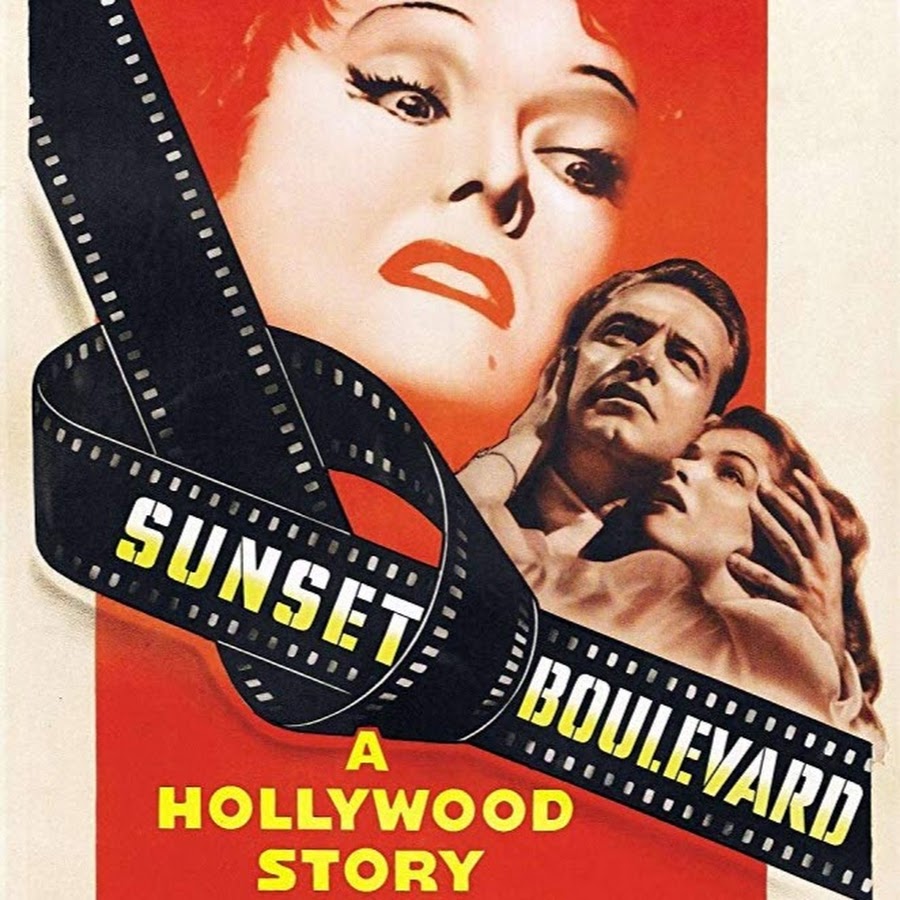Sunset Boulevard Movie

In the annals of cinematic history, certain films stand out not just as mere entertainments, but as landmarks that define an era. “Sunset Boulevard,” directed by the legendary Billy Wilder, is undoubtedly one such masterpiece. Released in 1950, it remains a timeless classic that continues to captivate audiences with its dark, satirical take on Hollywood and its examination of fame, obsession, and the human condition. With its unforgettable characters, iconic dialogue, and haunting score, “Sunset Boulevard” remains as relevant today as it was over seven decades ago.
At its core, “Sunset Boulevard” is a scathing critique of the Hollywood dream factory, exposing the dark underbelly of the entertainment industry. The film follows the story of Joe Gillis, a struggling screenwriter played by William Holden, who stumbles upon the decaying mansion of former silent film star Norma Desmond, portrayed by the incomparable Gloria Swanson. Desmond, lost in a fantasy world of her own making, mistakes Gillis for a famous director and recruits him to help her write a screenplay for her long-awaited comeback.
What follows is a mesmerizing descent into madness as Gillis becomes increasingly entangled in Desmond’s web of delusion and desperation. Through Gillis’ eyes, we are given a backstage pass to the surreal world of Hollywood’s faded stars, where dreams are shattered as quickly as they are made. Wilder’s masterful direction and sharp screenplay, co-written with Charles Brackett and D.M. Marshman Jr., pull no punches in exposing the emptiness and cruelty lurking beneath the glitz and glamour of Tinseltown.
Central to the film’s enduring legacy are its unforgettable characters, brought to life by a cast of exceptional actors. Gloria Swanson delivers a tour-de-force performance as Norma Desmond, perfectly capturing the tragic grandeur of a once-great star fallen from grace. Swanson’s portrayal is both mesmerizing and chilling, as she oscillates between moments of fragility and madness with unnerving intensity.
Opposite Swanson, William Holden delivers a nuanced performance as Joe Gillis, the jaded writer drawn into Desmond’s world. Holden’s portrayal of Gillis as a cynical yet sympathetic figure serves as the perfect foil to Swanson’s larger-than-life persona. Their on-screen chemistry crackles with tension, making every scene they share a riveting showcase of acting prowess.
Rounding out the cast is the unforgettable Erich von Stroheim as Max von Mayerling, Norma Desmond’s enigmatic butler and former husband. Von Stroheim brings a sense of tragic nobility to the role, hinting at the depths of devotion and despair that lie beneath Max’s stoic exterior. His scenes with Swanson are some of the film’s most powerful, conveying a sense of longing and loss that lingers long after the credits roll.
Beyond its stellar performances, “Sunset Boulevard” is also renowned for its groundbreaking cinematography and innovative storytelling techniques. Wilder’s use of shadow and light creates a haunting atmosphere that mirrors the film’s themes of decay and desperation. From the iconic opening shot of Gillis floating facedown in a swimming pool to the film’s unforgettable final moments, every frame of “Sunset Boulevard” is a work of art in its own right.
Equally impressive is the film’s use of voice-over narration, provided by Holden’s character Joe Gillis. Through Gillis’ sardonic observations and wry commentary, we are given insight into the inner workings of Hollywood and the characters that inhabit it. The film’s clever use of flashback adds depth to the narrative, allowing the audience to piece together the events that led to Gillis’ tragic fate.
Of course, no discussion of “Sunset Boulevard” would be complete without mentioning its iconic score, composed by the legendary Franz Waxman. From the haunting strains of the film’s main theme to the melodramatic crescendos that punctuate key moments, Waxman’s music adds an extra layer of emotion and tension to the proceedings. His score perfectly complements Wilder’s vision, enhancing the film’s mood and atmosphere in ways that words alone cannot convey.
In the decades since its release, “Sunset Boulevard” has rightfully earned its place as one of the greatest films ever made. Its influence can be felt in countless works of cinema that have followed, from Martin Scorsese’s “The King of Comedy” to David Lynch’s “Mulholland Drive.” Its themes of fame, obsession, and the pursuit of the American Dream remain as relevant today as they were in 1950, ensuring that “Sunset Boulevard” will continue to enthrall and inspire audiences for generations to come.
Conclusion
“Sunset Boulevard” is more than just a movie; it’s a cinematic masterpiece that transcends time and genre. With its unforgettable characters, iconic dialogue, and haunting score, it remains a testament to the enduring power of storytelling and the magic of the silver screen. As long as there are dreamers in search of fame and fortune, “Sunset Boulevard” will continue to shine as a beacon of truth in the often murky waters of Hollywood.









Post Comment